The Taste of Decay
The Food Chains of Empires
At the dawn of another Turkish morning—somewhere between the call of the muezzin, the fading echoes of clubland beats, and the hum of a coffee machine—a table is being set. It looks like a symbol of hospitality, but beneath the honey and cheese you can sense the cogs of an ancient machine: a civilization that no longer runs, yet still insists on breakfast.
Turkish breakfast isn’t a dish. It’s an artifact of imperial food logic, scattered across small plates. It wasn’t born of a recipe—it emerged from architecture: everything is served at once, like a drone’s-eye view of market ruins where eastern salt, Greek honey, and Roman anchovies once changed hands.
One glance at the table, and you’re in a geopolitical vortex. That cheese? The Seljuks ate it. Those olives? Their pits could’ve been spat out by Alexander the Great. And that bread—fresh, fluffy, forgettable—is the perfect symbol of eternal recurrence. Like history itself—baked and forgotten.
On the Teeth of Civilization
Sujuk, cheese, jam, butter, honey. Olives that have seen more blood than you’ve seen functioning people. Tea—less a beverage, more a dark liquid between worlds, served in tulip-shaped glass vessels. Coffee can wait—you must first figure out who you are in this culinary drama.
Menemen—tomato, herb-laced scrambled eggs—looks like a metaphor: chaos, delicious to the core. Pişmaniye—cotton candy with the aftertaste of sugar moss. Kaymak with honey—like a kiss from an alien slug, gifted to you for years of service at some post-imperial outpost.
But the real flavor here is excess. This breakfast is not consumed. It is observed, like a cosmic anomaly. You don’t feel full—you participate in a theater of consumption, where everything tastes good, but no one is satisfied.
Souvenirs of the Apocalypse
Turkish breakfast is no longer just a meal. It’s a brand, an export, a tourist scenario. On the bazaar stalls, you’ll find “breakfast kits”: olives in vacuum packs, jam in plastic pods, honey in capsules—as if a breakfasting civilization shrink-wrapped itself into memorabilia.
You walk the streets of Istanbul, and the breakfast calls to you like a prayer. This is no longer food about food. It’s a pixelated manifesto on TripAdvisor. A gastronomic NFT. A ritual turned into content. You eat—post—move on. Nothing remains in you but salt on your lips and a flicker of envy for the street cat, who just eats.
Digesting the Impossible
You cannot understand Turkish breakfast. Just like you can’t understand why they serve you sixteen tiny dishes when all you wanted was a sandwich. It’s like being asked to digest Byzantium in a single sitting. Bitter cheese, sweet jam, neutral bread—three acts of a post-imperial tragedy where everyone has lines but no one listens.
You eat, but you’re going nowhere. As if the table were a dialogue with the Archon, and you—just a shell temporarily granted a fork.
How Did We Get Here?
If you want to experience it for real—no pageantry, no promo props, no artificial plating—here are a few coordinates where Turkish breakfast still lives, rather than being edited:
In the Mersin region — small village cafés by the sea (Ayaş, Kız Kalesi, Narlıkuyu), where olives are ladled from a bucket and cheese arrives wrapped in newspaper.
In Istanbul — follow the scent, not the neighborhood. The more locals, the fewer tourists, the closer you are to the real thing.
#VoiceOfRuins #TasteOfDecay #turkishbreakfast #postimperialcuisine #gastrodrama #sujuk #menemen #kaymak #turkey2025 #localfood #tourismwithoutglamour








Our Telegram-channel: Voice Of Ruins https://t.me/Voice_Of_Ruins
Instagram: Voice Of Ruins https://www.instagram.com/voiceofruins/
Our group on Facebook: Voice Of Ruins https://www.facebook.com/share/g/16aitn9utM/
Our site: Voice Of Ruins https://www.voiceofruins.org

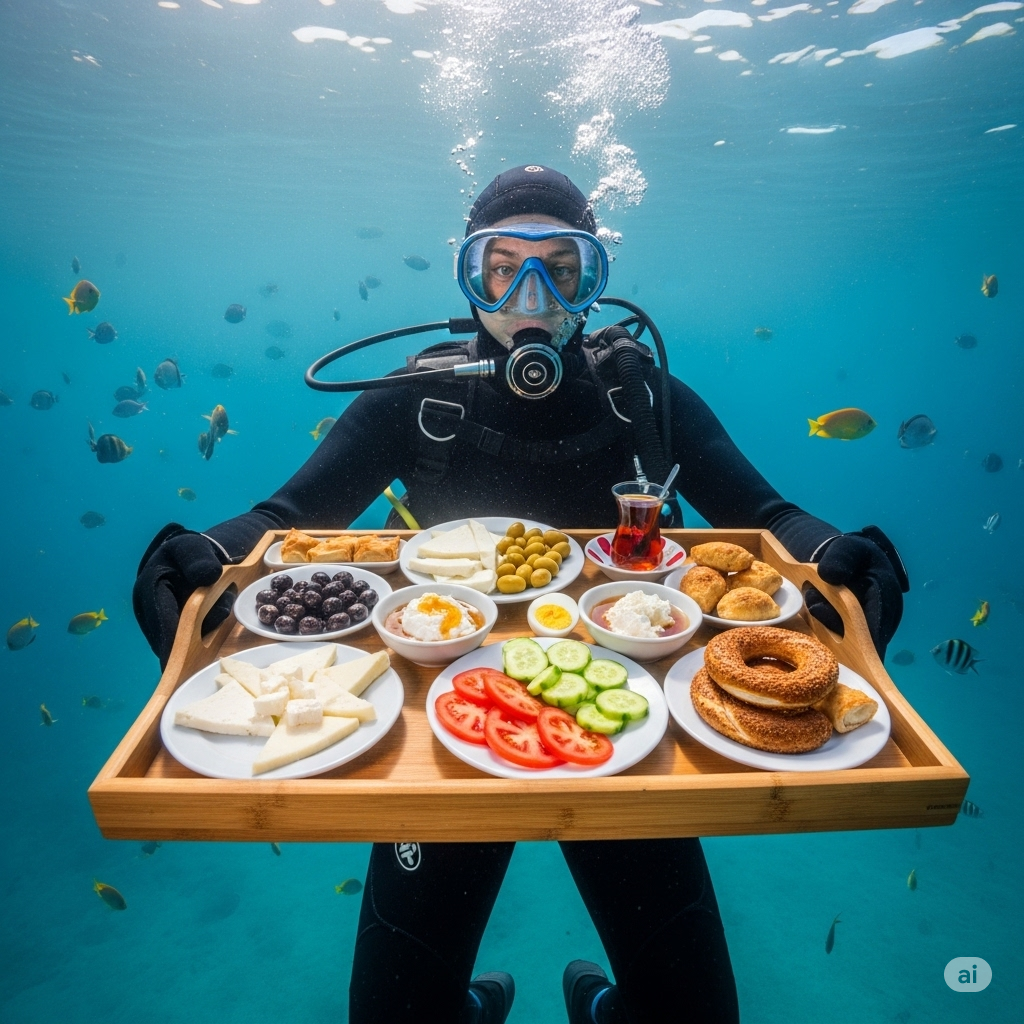
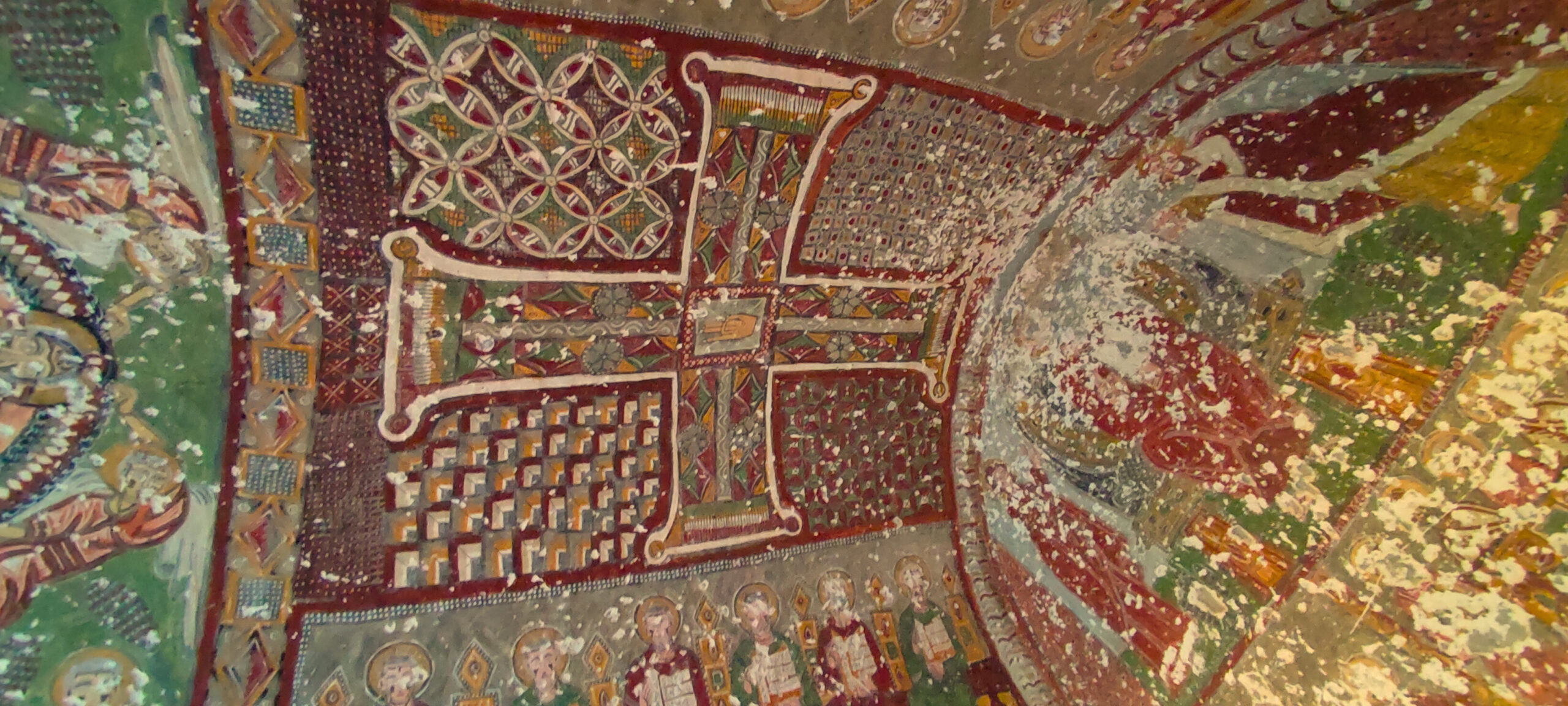
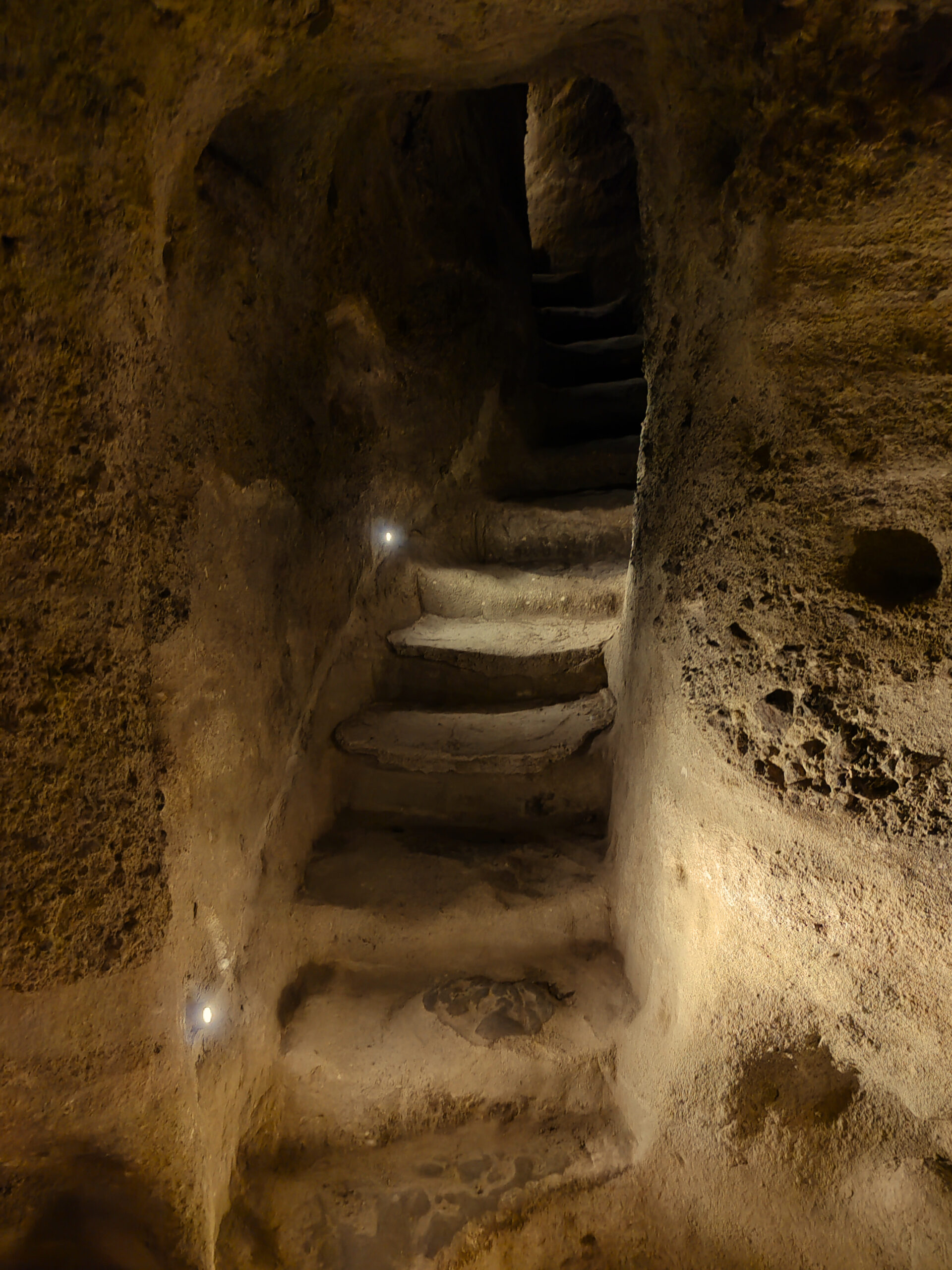
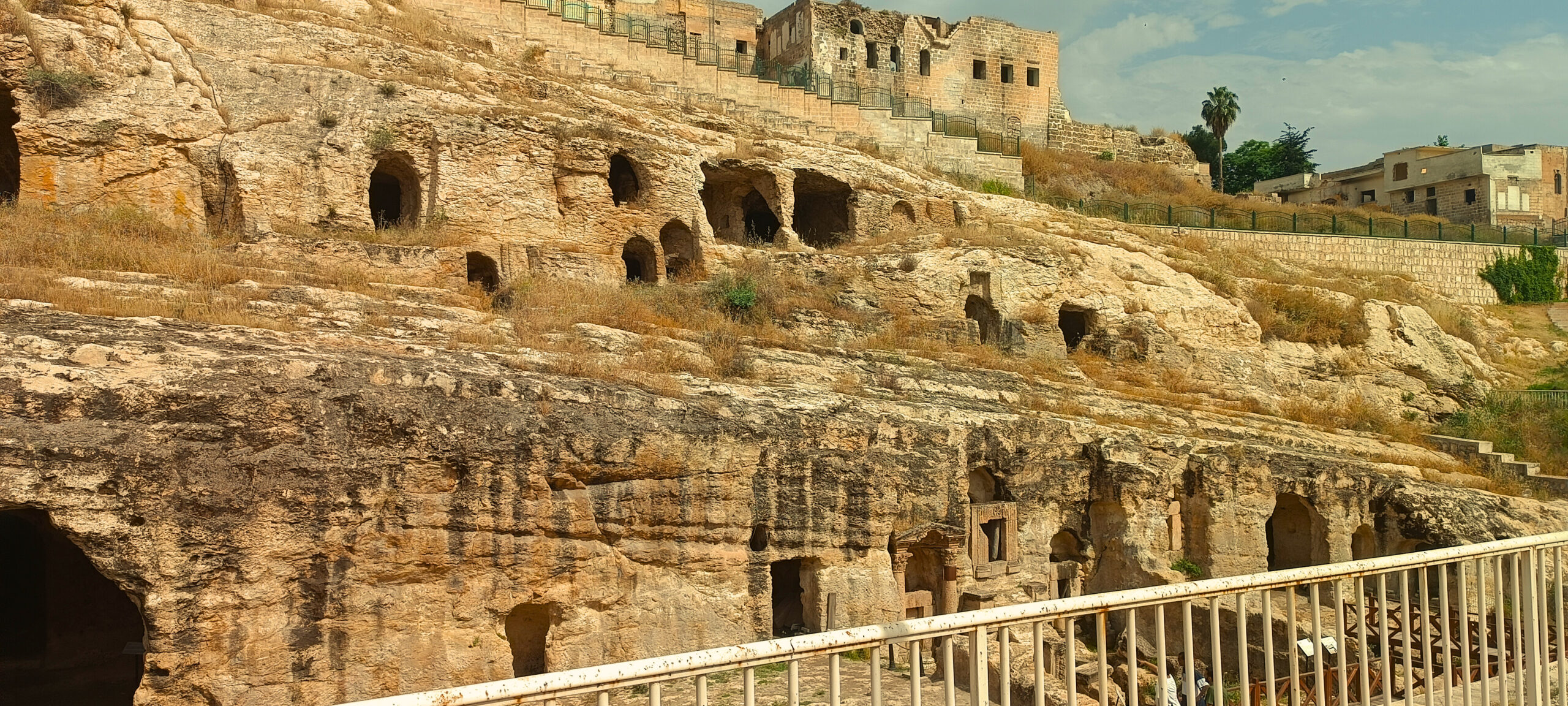
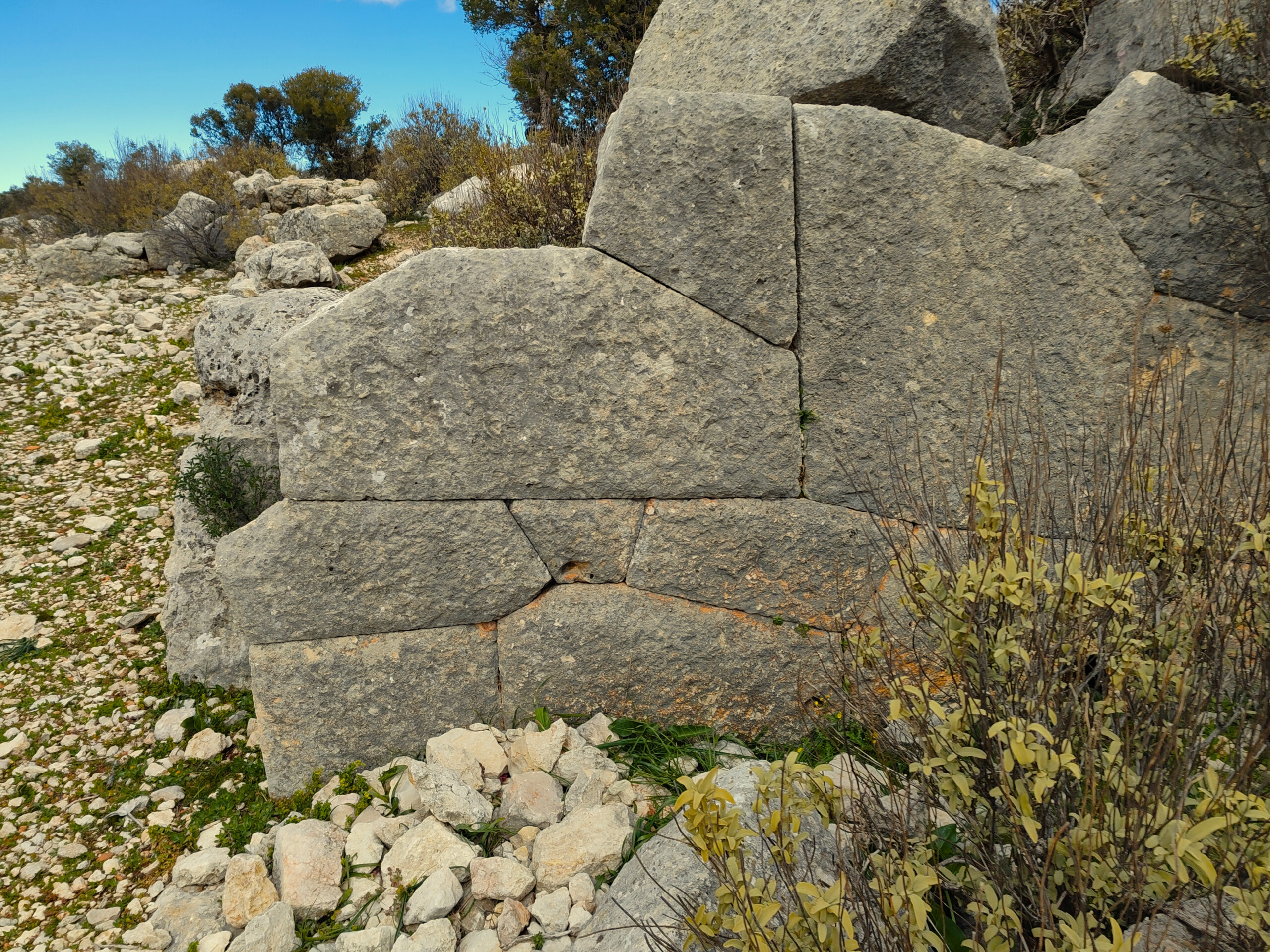
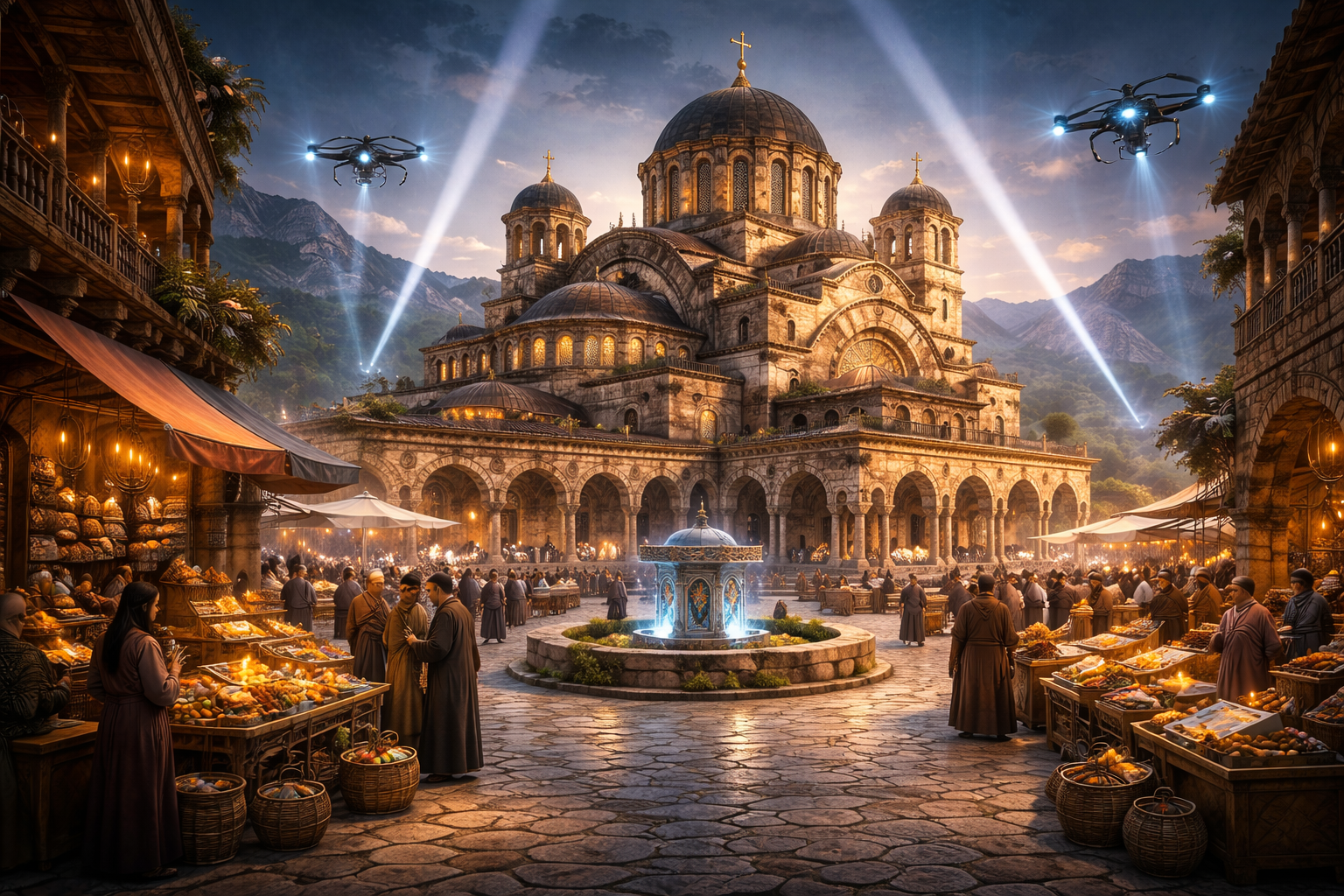


Leave a Reply